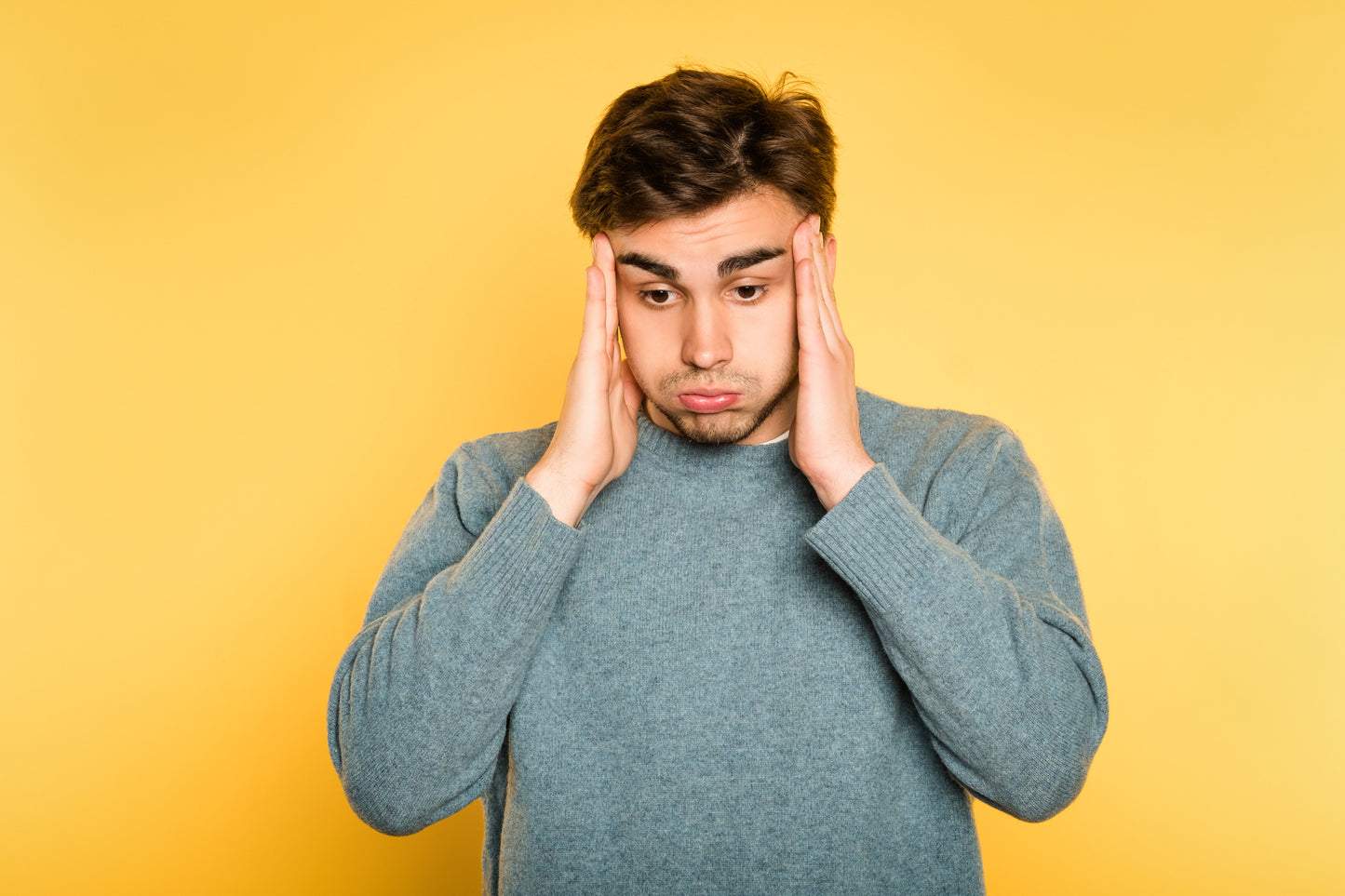Hair loss can be an extremely difficult experience, regardless of what causes it. Aside from the concern over your physical appearance, it can also cause mental and emotional distress.
Hair loss can lead to low self-esteem, feelings of insecurity, and depression. It is thus important to acknowledge and address the psychological impacts of alopecia and hair loss.
Below, we’ve explored how hair loss can impact one’s mental health, along with strategies to cope with the emotional side of thinning hair.
The Psychological Impact of Hair Loss
Losing hair can be tough to deal with for several reasons. Here are some ways it can adversely impact your mental health:
Self-Esteem Issues and Insecurities
Hair is considered a defining feature of our physical appearance, and any issues with it can gravely impact one’s self-esteem. The blow to one’s self-image can also cause insecurities and confidence issues.
It can be hard to feel confident if you are painfully conscious about major changes in your appearance, especially your hair.
Depression and Anxiety
Hair loss can trigger feelings of grief due to the loss of your former self, which may lead to depression. The constant stress of losing hair and the possibility of the condition worsening can also be extremely anxiety-inducing.
Hair loss can also make you feel like you are not in control of your body, which can heighten these negative feelings.
Social Isolation
The insecurities and self-esteem issues coupled with anxiety and depression can cause individuals to withdraw socially. They may feel self-conscious about their appearance and wish to avoid situations where others may see and talk about their hair. This can cause immense loneliness and worsen their mental health further.
Identity Crises
We strongly associate our sense of self with our physical appearance, and hair is a crucial element of this. Hair loss can cause an identity crisis because it is such a significant change to what they have always known.
Hair loss is not to be underestimated—it can cause psychological distress. Coping with it can be extremely challenging.
How To Cope With the Emotions of Thinning Hair
Addressing and dealing with the emotional effects of thinning hair can be difficult. However, it is vital to ensure that your quality of life doesn’t deteriorate if you experience it.
Here are some ways to cope with the situation:
Acknowledge and Validate Your Feelings
It is normal to feel distressed or upset about hair loss, and it is important to recognize this. You may feel compelled to shrug your feelings off and consider them petty or superficial, but that won’t be helpful.
Don’t minimize or stifle your emotions and allow yourself to feel frustration, sadness, or anger. Mourning your hair can be an incredibly freeing experience and help you feel better.
Seek Support
If you feel overwhelmed, seek support from friends, family, or even a professional. They will help you gain perspective on the situation and process your feelings in a healthy manner.
You can also join a support group for people facing hair loss issues. The sense of community and connection can help you feel better understood.
Find Reliable Treatments
Hair products specifically designed to treat hair loss can help to slow the symptoms or stop the progression altogether. The right ingredients and formulations can be a real game changer. Proactively dealing with your condition can also boost your confidence.
Focus On Self-care
If you are trying to cope with hair loss, it is essential to make yourself feel good about yourself and your new appearance. This involves doing things to care for your physical and emotional well-being.
Engage in activities that make you feel good about yourself, find new hobbies, and try to focus on another physical feature to feel a sense of identity. You can treat yourself to things that will make you happy, including clothes and accessories to boost your confidence.
Face The Elephant In The Room
You may be tempted to hide your hair loss or avoid social situations and conversations where you have to address it. Instead, try to accept and celebrate it, and don’t allow it to limit your self-expression.
Scarves, statement earrings, and other fun accessories can take the attention off your hair and provide opportunities for self-expression. Treat hair loss as a chance to do something new, and get to know a new side of yourself.
Final Thoughts
Though hair loss is a challenging condition that can impact your mental health, there are ways to still be confident with your new appearance.
It is understandable if you struggle with self-esteem and feel like withdrawing socially. However, try to be optimistic and approach the situation positively. Acknowledge and address your feelings, and indulge in self-care that makes you feel better about yourself and the situation.
You can also mitigate the symptoms with hair care products designed to deal with hair loss. There are solutions on hand; you just have to find the best one for you!















